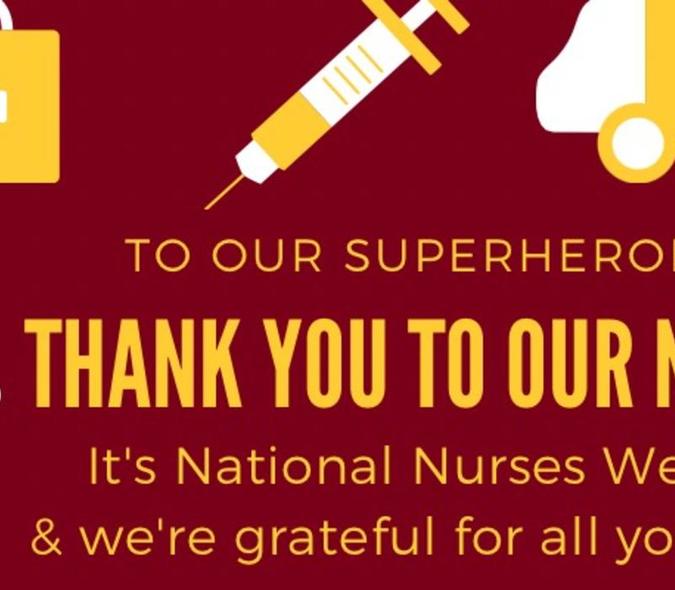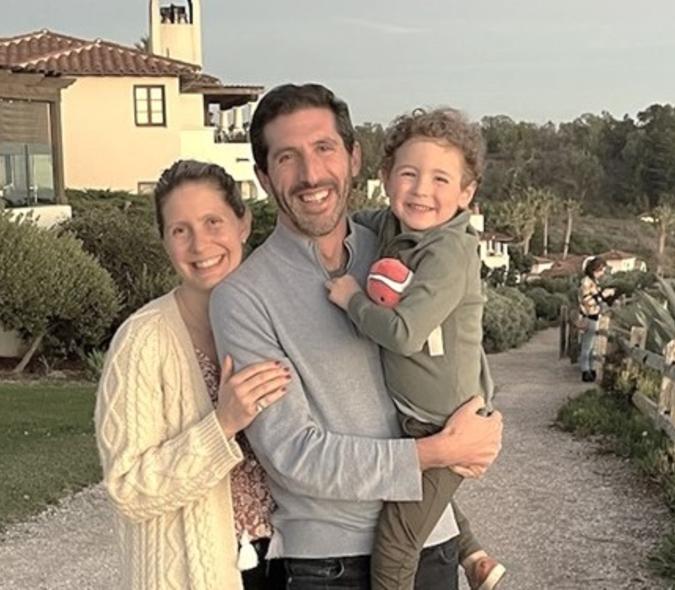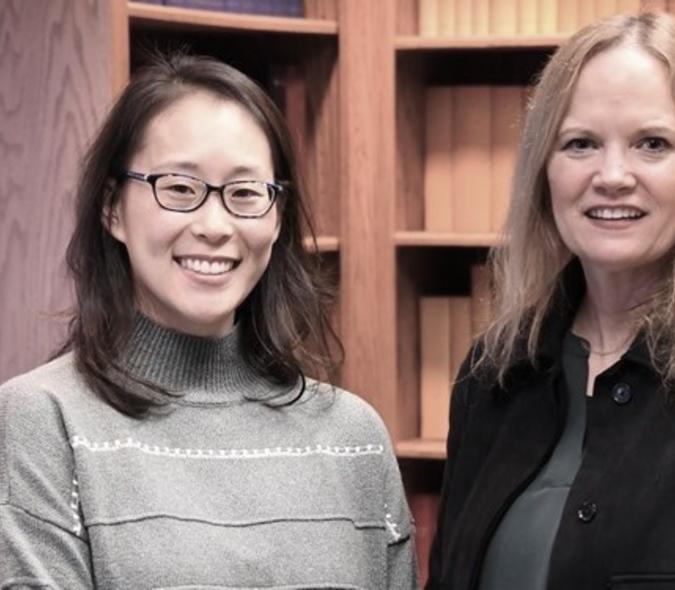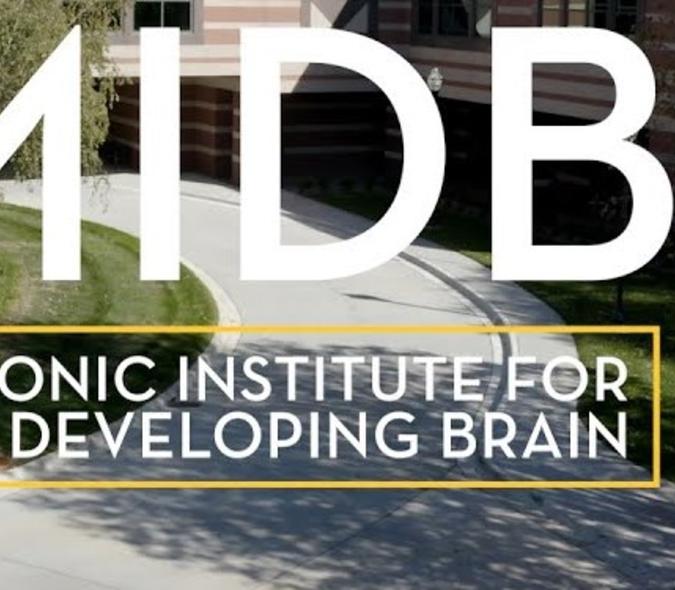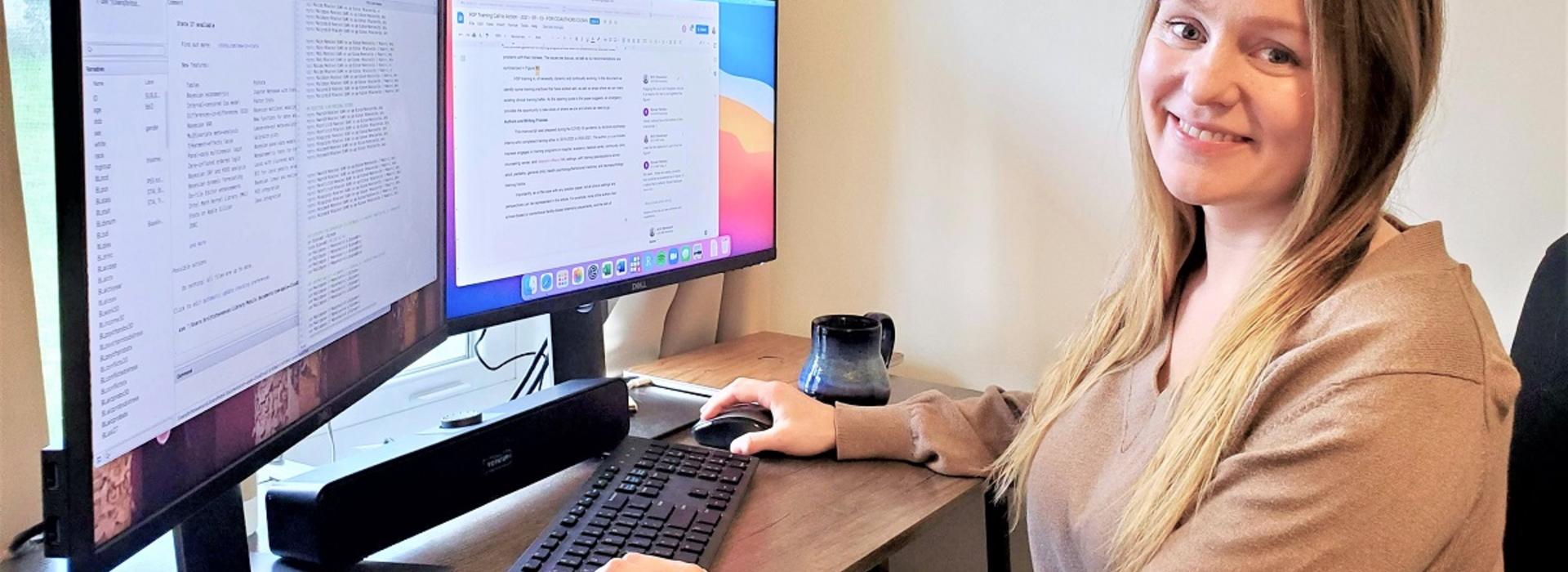
Post-doctoral researcher enthusiastically embraces her T32 fellowship
Britt Stevenson, PhD, is in the second year of a T32 post-doctoral fellowship in the Department of Psychiatry and Behavioral Sciences. It is designed to give her the skills and experience she needs to become an independent researcher.
According to the National Institutes of Health, the purpose of a T32 fellowship is to enable institutions such as the University of Minnesota to recruit individuals selected by them for predoctoral and postdoctoral research training in specified shortage areas. The goal of the program is to prepare these trainees for careers in biomedical, behavioral, and clinical research that will have a significant impact on the health-related needs of the nation.
Right after finishing graduate school in July 2020 at the University of Central Florida in Orlando where she did research in alcohol abuse and eating disorders, Stevenson returned to Minnesota and the U of M to begin her fellowship.
Helping people succeed in treatment
She is working with Professor Matt Kushner, PhD, whose research focuses on developing and testing cognitive behavioral treatments that can improve alcohol use disorder treatment outcomes for individuals with co-occurring anxiety and depressive disorders.
“The biggest question in my T32 research is the motivation to continue drinking, even though the disorder causes so much harm,” said Stevenson. “It’s something I hope to try and figure out to enable people to succeed in treatment.”
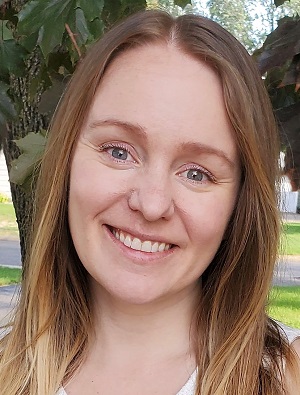
The fellowship gives Stevenson (pictured at left) two years of training and individual mentorship with Kushner. "I’ve received substantial support in writing grants, which could launch my research career,” she said. “The fellowship provides the critical connection between getting my PhD and becoming an independent researcher.”
In addition to working with Kushner, Stevenson has been helping with other research. “I connected with several faculty members and was able to collaborate on their projects,” she said.
Building critical skills
Thanks to the direct research experience and the training she’s receiving, Stevenson is building several critical skills – the most important of which is grantsmanship. “It’s the number one skill I’ve been developing,” she said. “I’m also learning how to operate within a team, even when they don’t physically get together. For the first year of my fellowship, I didn’t set foot on campus because of COVID-19 restrictions.”
Finally, Stevenson is learning a great deal about alcohol use disorder treatment trials, especially as one finishes, and another starts. “There is a lot of rigamarole involved in starting a new grant and wrapping up another,” she said. “These are really important things for me to experience.”
"Go for it."
Stevenson has some advice for those who might be considering a T32. “Go for it,” she said. “It’s a wonderful two years of personalized training and research experience. I don’t know how people launch independent careers without the benefit of doing this. It helps you get on course for being a researcher. I would say that if research is your interest, do a T32 if at all possible.”
